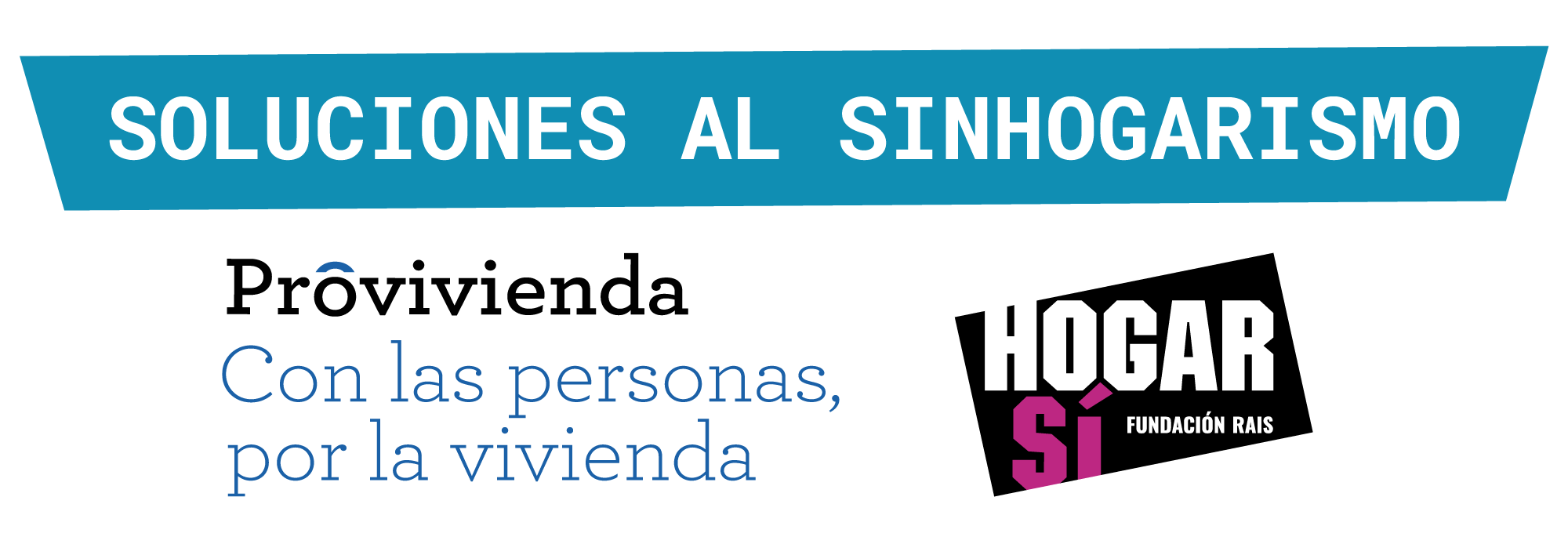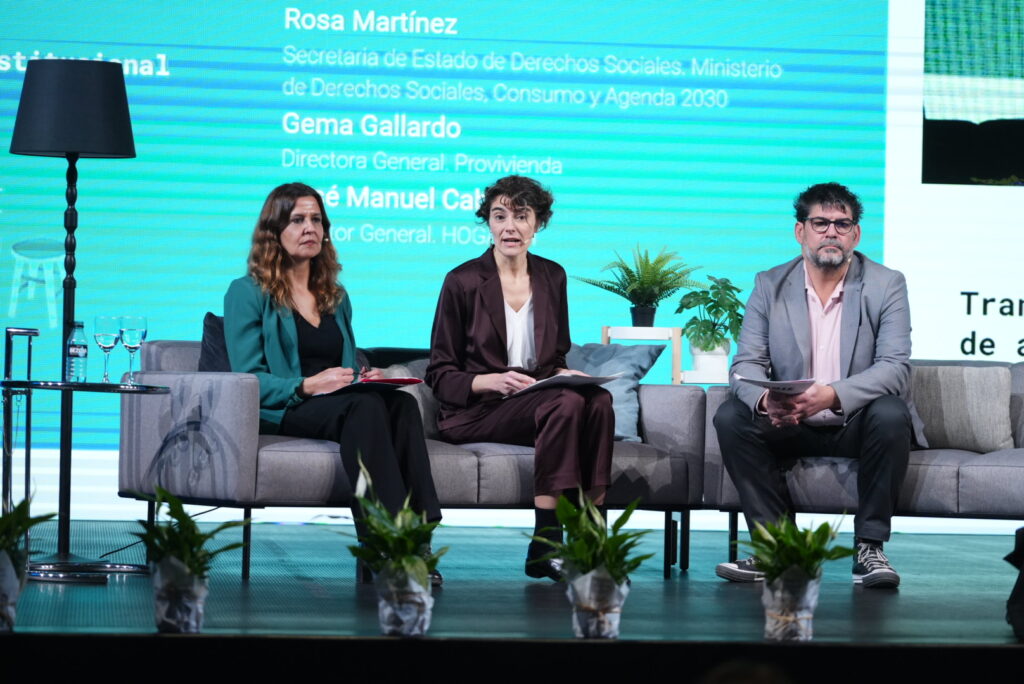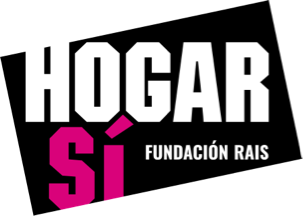- Provivienda and HOGAR SÍ present the results of the social innovation projects Derechos a la vivienda and H4Y FUTURO, which have involved the participation of 629 people over 3 years, in addition to technical teams from the administrations involved.
- Early care is the key to preventing institutionalization and enabling people to recover their life projects.
- The results of the projects promote a paradigm shift in the traditional homelessness care system in Spain.
Provivienda and HOGAR SÍ held this morning the meeting "Keys to change: transforming the homelessness care system", to present the results and recommendations of the social innovation projects Housing Rights (DAV) and H4Y FUTURO, thanks to the financing of the European Next Generation funds through the Recovery, Transformation and Resilience Plan of the Ministry of Social Rights, Consumption and Agenda 2030.
These projects, in which 12 regional and local public administrations have participated together with the Ministry of Social Rights, Consumption and Agenda 2030, have sought for three years to explore and implement new solutions to address homelessness in eight locations: Avilés, Barcelona, Cartagena, Gijón-Xixón, Mallorca, Madrid, Murcia and Seville; in order to promote changes in public policies that advance towards the transformation of the traditional system of care for homelessness.
The event was welcomed by Rosa Martínez, Secretary of State for Social Rights, who highlighted "the enormous value of social innovation as an engine for transforming the homelessness care system, highlighting the work carried out by HOGAR SÍ and Provivienda in their projects. Through pioneering approaches such as rapid access to housing, self-directed supports and the transition towards community models, these organizations have shown that it is possible to build real and sustainable solutions". He also stressed "the importance of placing people at the center, promoting their autonomy and empowerment, and the capacity of these projects to generate transformational partnerships with public administrations".
In this context, the State Secretariat "reaffirms its commitment to advance these lines of innovation, with the goal of integrating them into mainstream support, ensuring that these methodologies become accessible and sustainable public policies. This legacy of innovation not only opens doors, but charts a clear path towards systemic change that places human rights and dignity at the core."
Also present at the opening was the general director of HOGAR SÍ, José Manuel Caballol, who emphasized that "these projects have piloted for the first time early care and personalization in the field of homelessness and have shown us their enormous potential: early intervention based on personalized support allows people to activate their strengths and leave homelessness quickly, avoiding chronification and saving the care system many resources".
For her part, Gema Gallardo, general director of Provivienda, pointed out during the welcome speech that "the results once again show that access to community housing is fundamental for resolving situations of residential exclusion in our country, and specifically homelessness. Access to affordable housing and receiving the necessary support to remain autonomously in it are key pieces of the transformation of the housing provision system in our country".
During the conference, the results of these social innovation projects were presented, as well as the evidence and good practices generated during these years. The evaluation of both projects has been external and has been carried out by the consulting firm Fresno, the right link.
Main project results
In Spain, 40.5% of homeless people have been homeless for more than three years, according to the latest INE data. This was one of the reasons that led the organizations to launch the DAV and H4Y FUTURO social innovation projects, which will run from January 2022 to December 2024. These programs sought to test a model of care for homelessness that would offer effective and sustainable solutions over time.
The DAV project, in which 524 people have participated, has sought to promote the development of deinstitutionalization policies, as well as the prevention of institutionalization. In other words, it has tried to find alternatives to the traditional response system to the problem of homelessness: to move from care in large centers to care in community housing.
52.7% of the people who were part of the deinstitutionalization line, who had been homeless for an average of more than 7 years when they entered the project, managed to leave the homeless care network autonomously and move forward in the construction of their life projects. These results improve the initial hypothesis of 25% autonomous exits in this profile.
In the case of the early care project line, 76.2% of the people who had been in this situation for less than 6 months managed to live independently after their passage through the program. This figure increases to 81.3% of the people in the self-directed support line, a model based on the person designing his or her own support plan within the community's resources.
The results of the entire DAV project have shown that early care is key to the prevention of institutionalization.
For its part, H4Y FUTURO, with a participation of 105 people, has proposed to respond to the challenge posed by the growing youth homelessness through the following methodology Housing First for Youth, which promotes an approach that takes into account the special characteristics of this age group, as well as the processes of trauma that are often associated with their life itineraries. According to the results, 55.2% achieved an autonomous exit from the specialized care network, with women having a higher success rate (81%) compared to men (50%).
The projects have proven the relevance of promoting the transformation of the homelessness care system through housing-based solutions, together with the reconnection with support and community networks to prevent institutionalization. Another key has been to approach solutions from a person-led planning approach through flexible and personalized accompaniment that prioritizes the power of choice throughout the process.
According to the results presented, the idea that homelessness is above all a temporary situation whose approach requires rapid and sustainable solutions that avoid its chronification is reinforced . To this end, motivation for change, improved employability and access to flexible economic resources adapted to needs are essential factors. Increasing people's income and reinforcing support for them to manage their own resources is another of the keys to change that requires the involvement of public administrations in promoting policies that enable its implementation.
The work of these years hand in hand with the administrations involved has meant that some municipalities have already designed changes in their policies to incorporate the lessons learned, including the need to adopt an approach that adapts to people and not the other way around, and the need to generate protocols for the early detection of situations of homelessness. In fact, the main impact of the projects at the institutional level has been to raise awareness of the challenges of the homelessness care system. A total of 69.7% of the participants stated that their institution has changed its view on homelessness and 76.7% believe that management is more interested in this type of more personalized solutions.
After the results obtained, Provivienda and HOGAR SÍ urge administrations to incorporate changes to advance in public policies that transform the system of care for homeless people in Spain. Among the recommendations, the organizations suggest implementing systems for early detection and coordination of resources, with the aim of reducing the time spent in homelessness and avoiding its chronification. Also, design and implement systems of self-directed support and personalized budgets for various purposes, such as training or entrepreneurship, eliminating bureaucratic barriers. Other proposals are focused on accompanying people when they leave the specialized care system and promoting their autonomy. For its part, it is essential to increase and diversify access to housing by increasing the stock of social and affordable rental housing.
See all the results and documents of the Housing Rights and H4Y FUTURE projects on the Keys to Change publication website.
Keys to Change, December 3

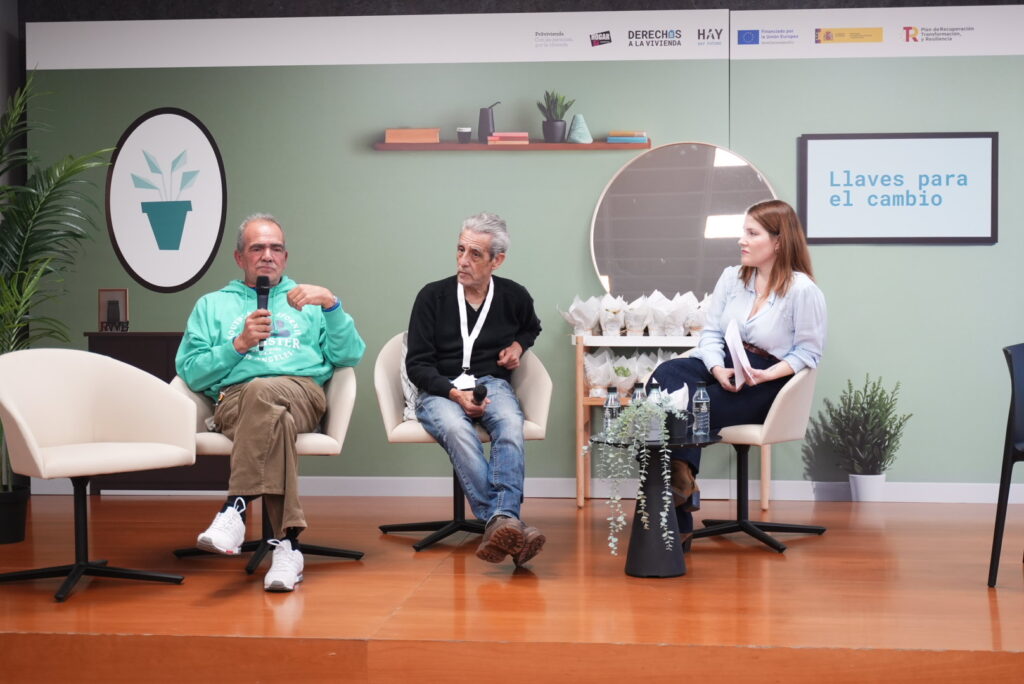

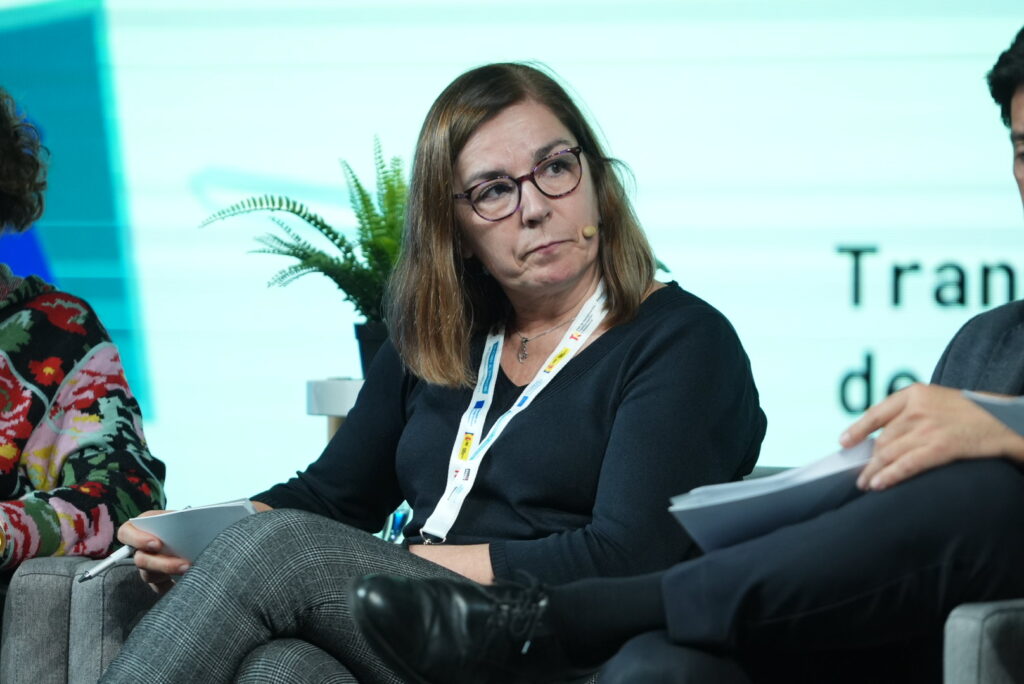


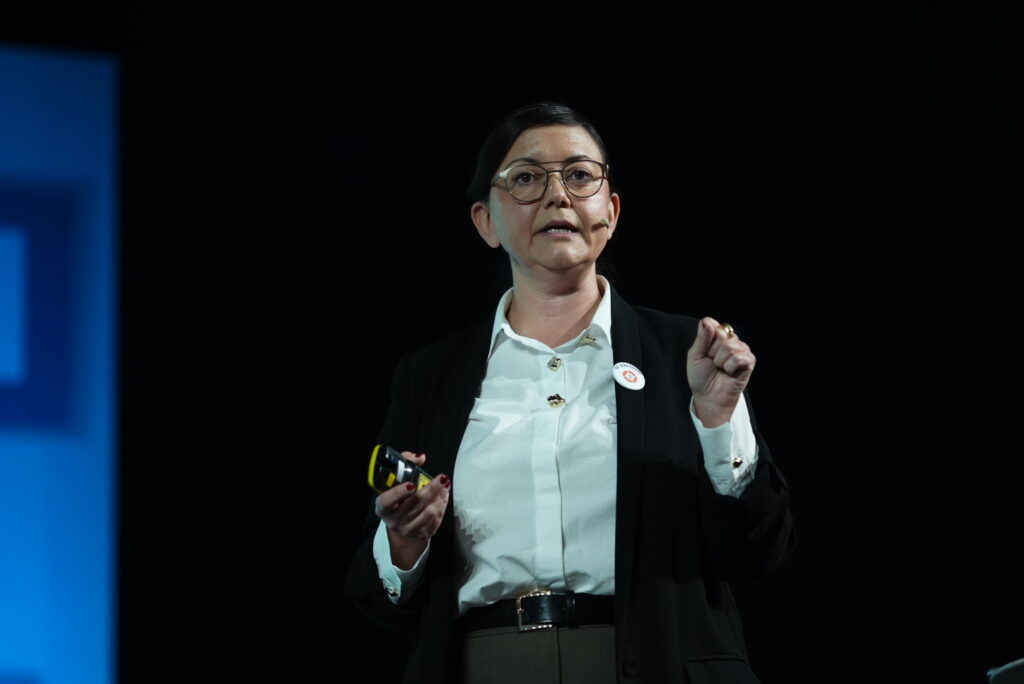

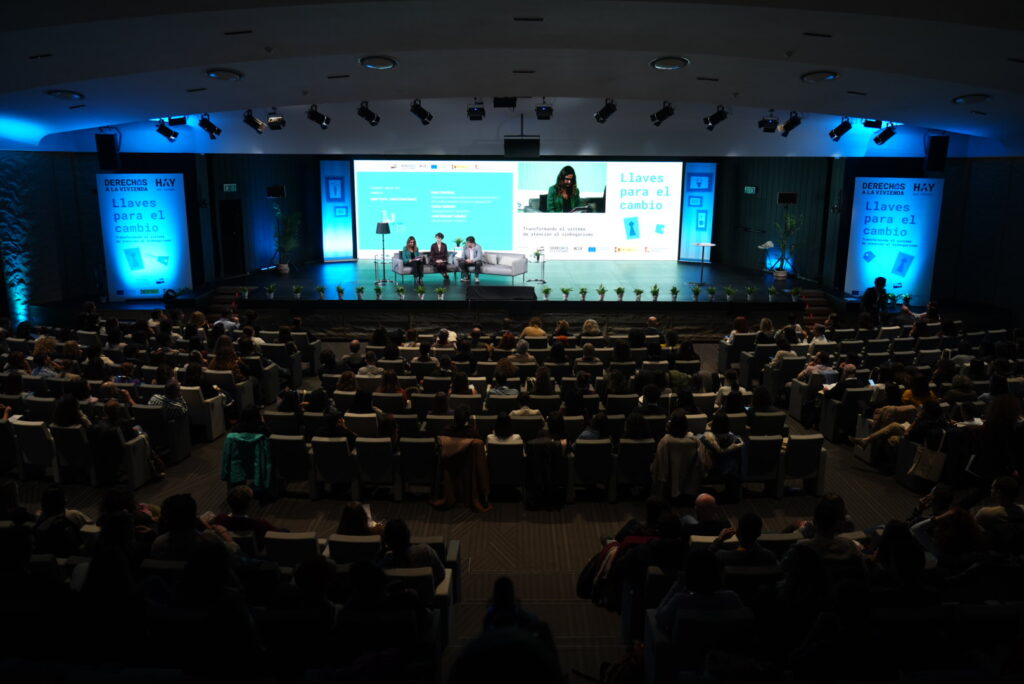
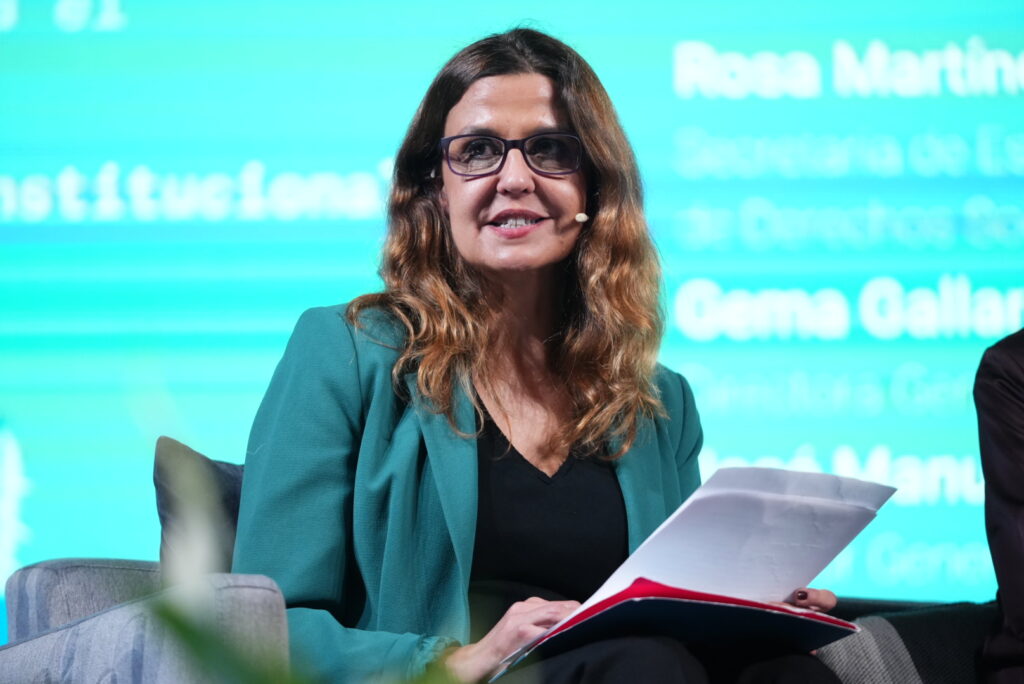
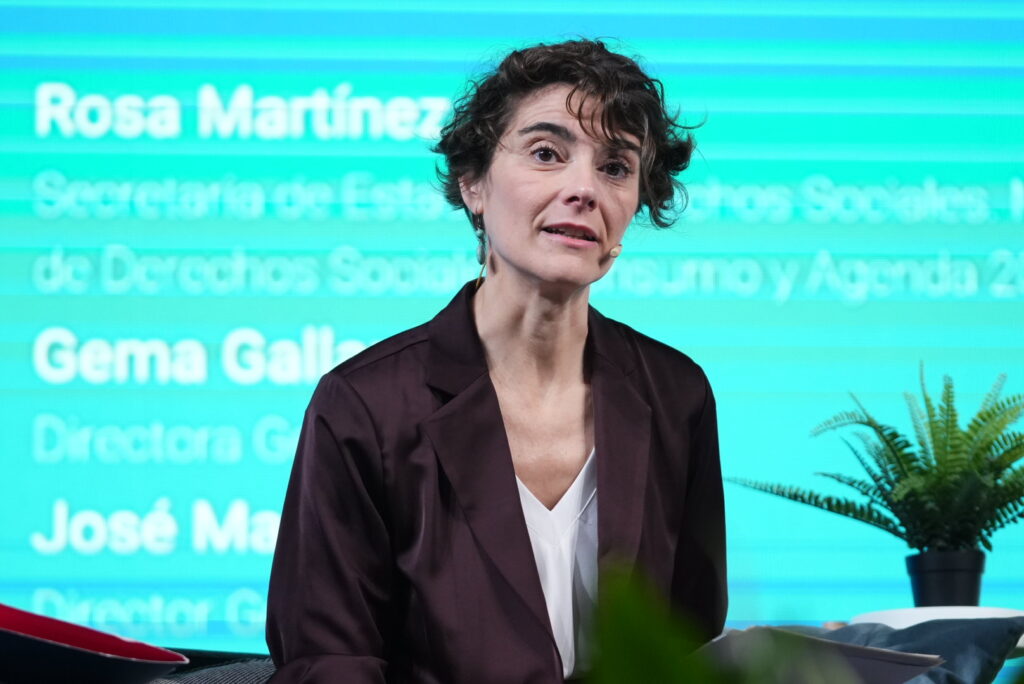
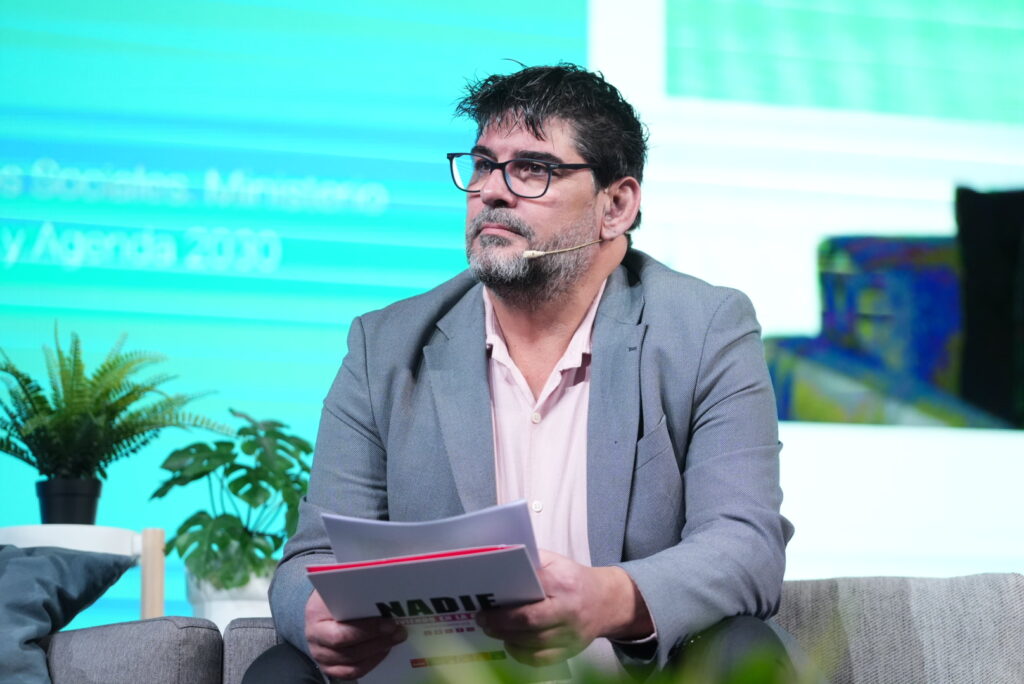
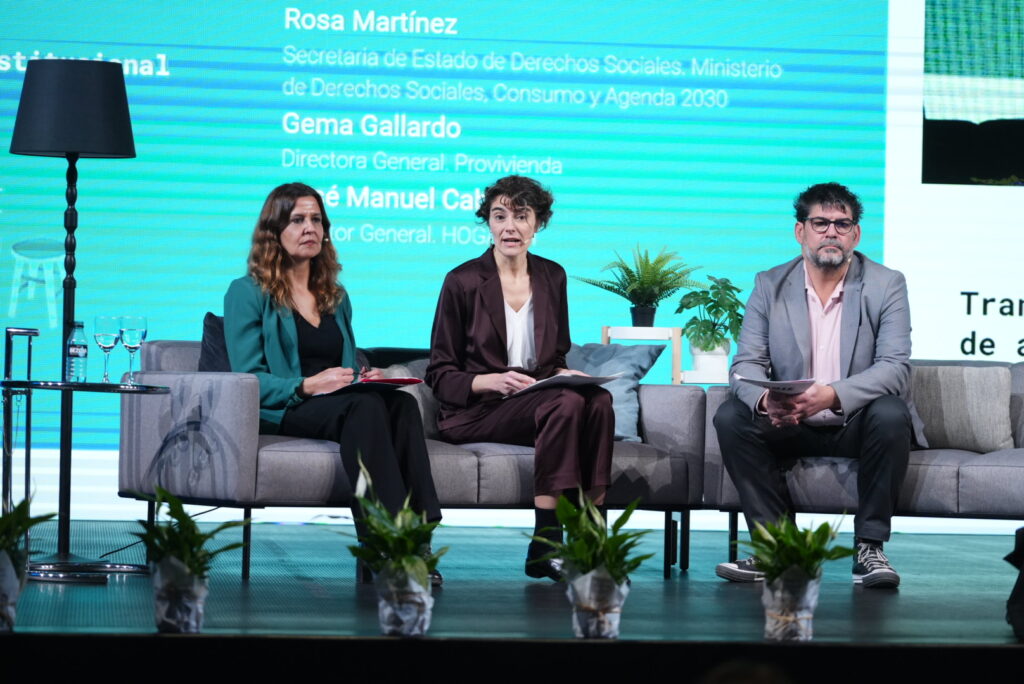
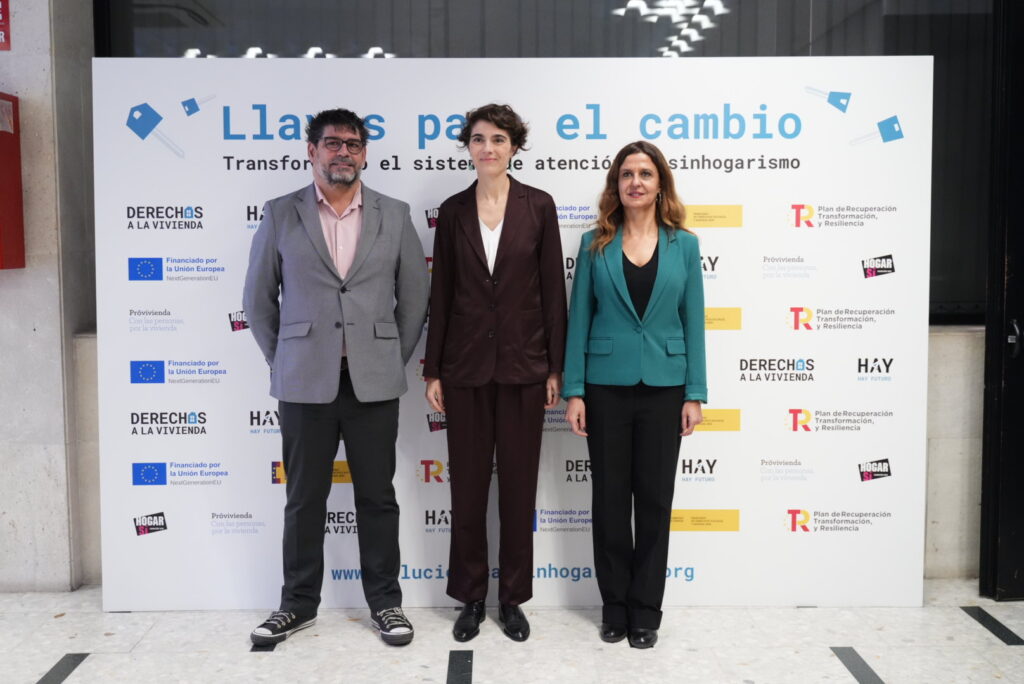
You can watch the day of December 3 here:
Keys to Change, December 4
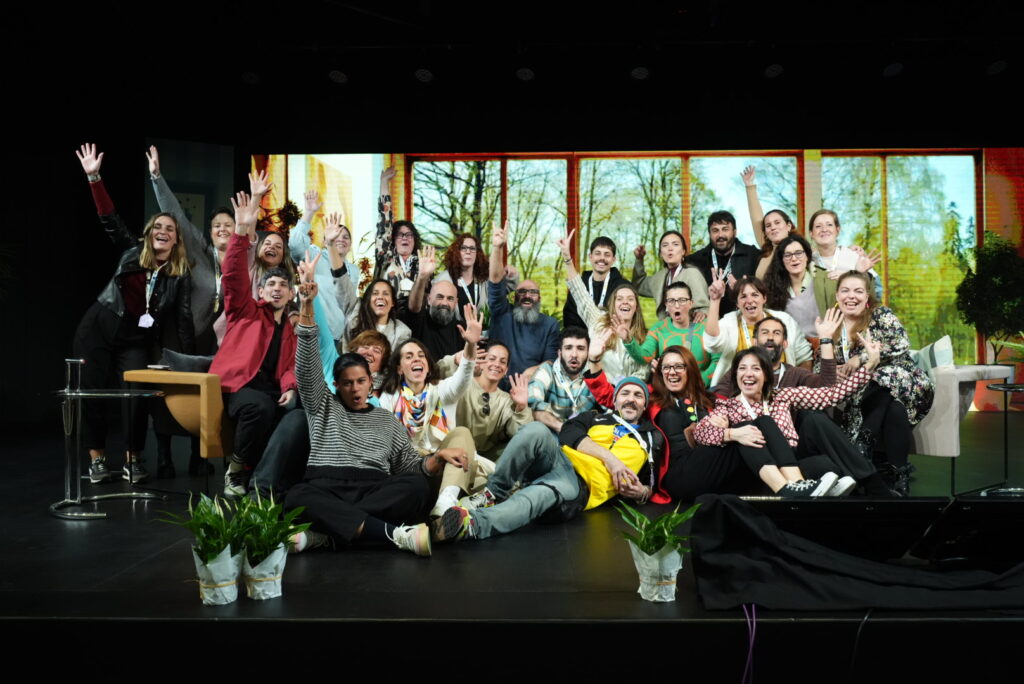
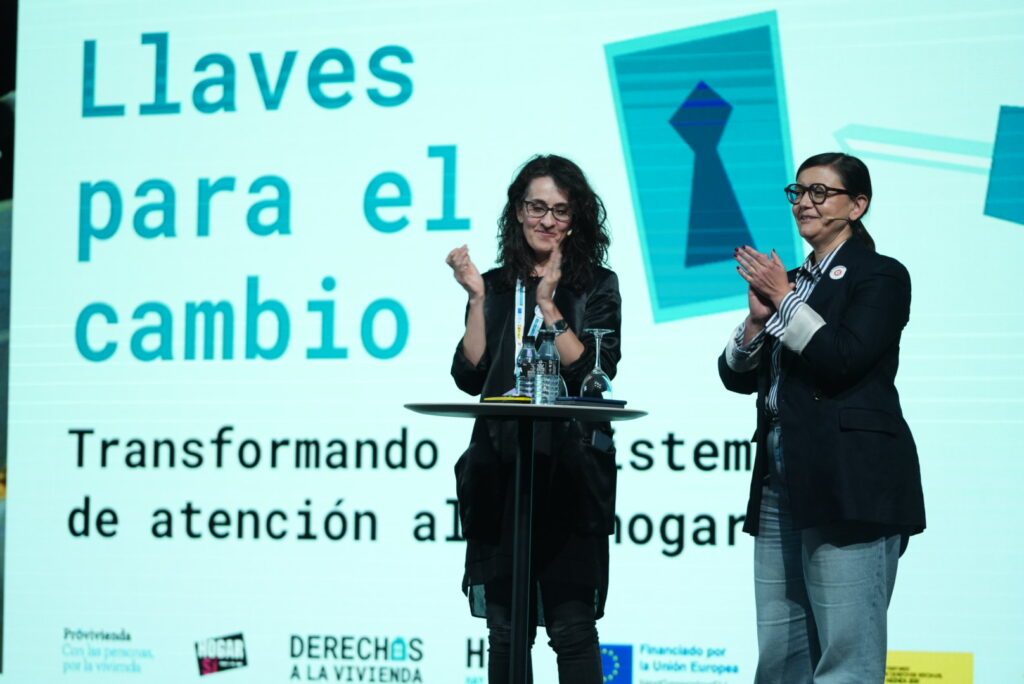
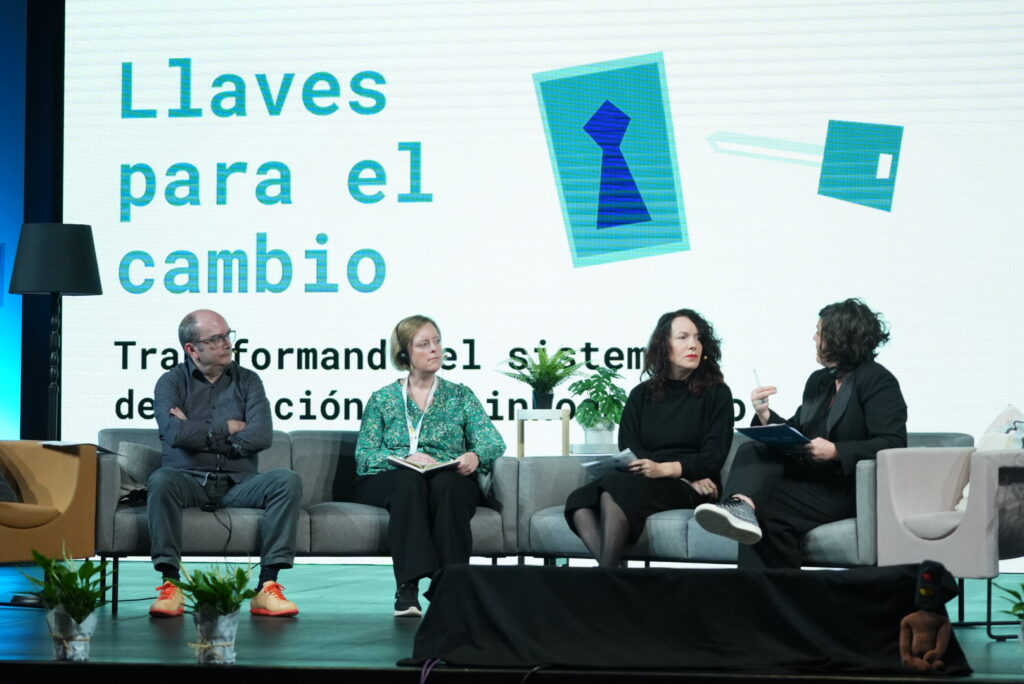
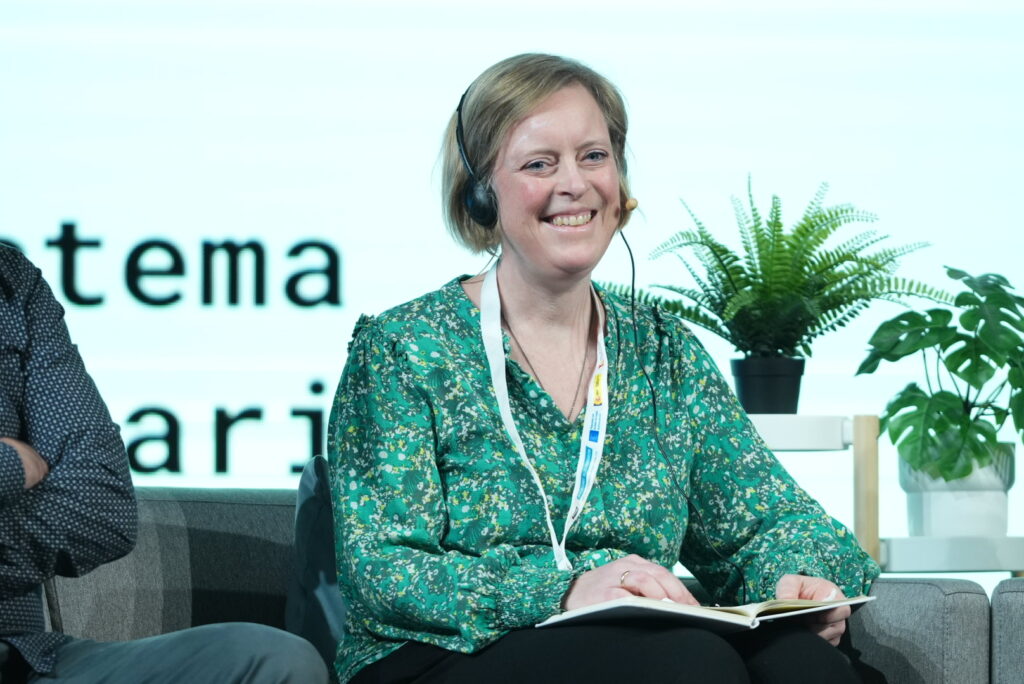


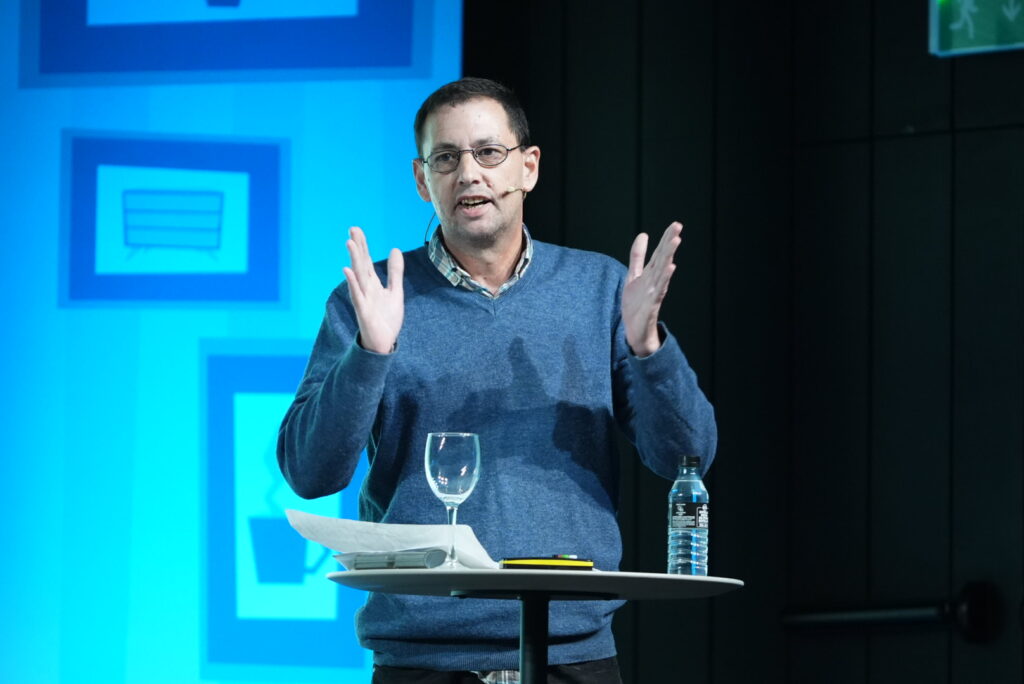
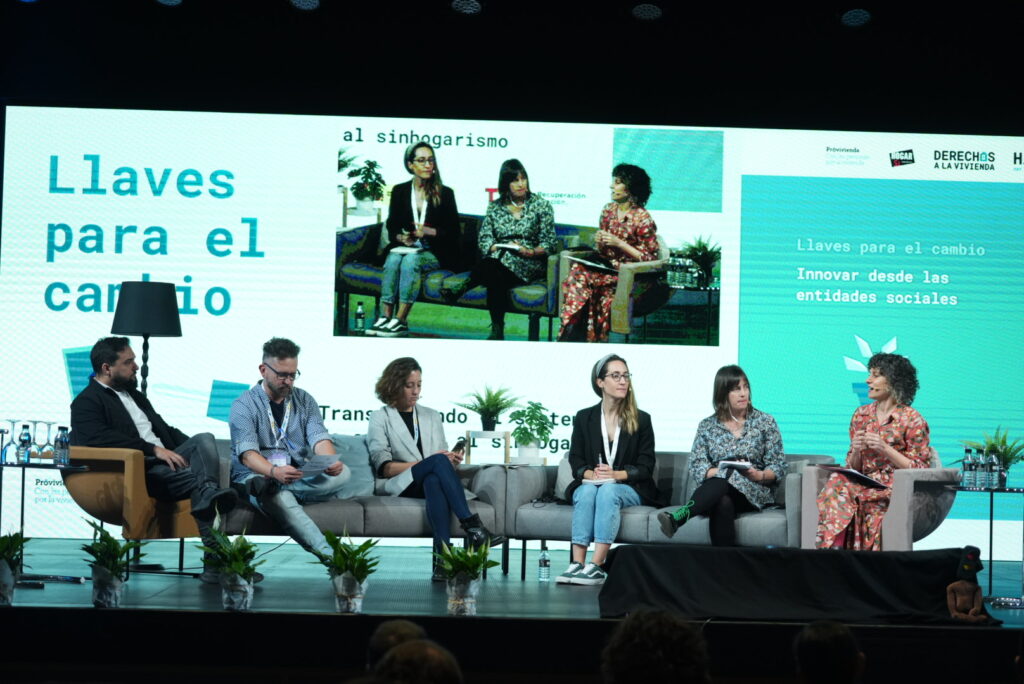
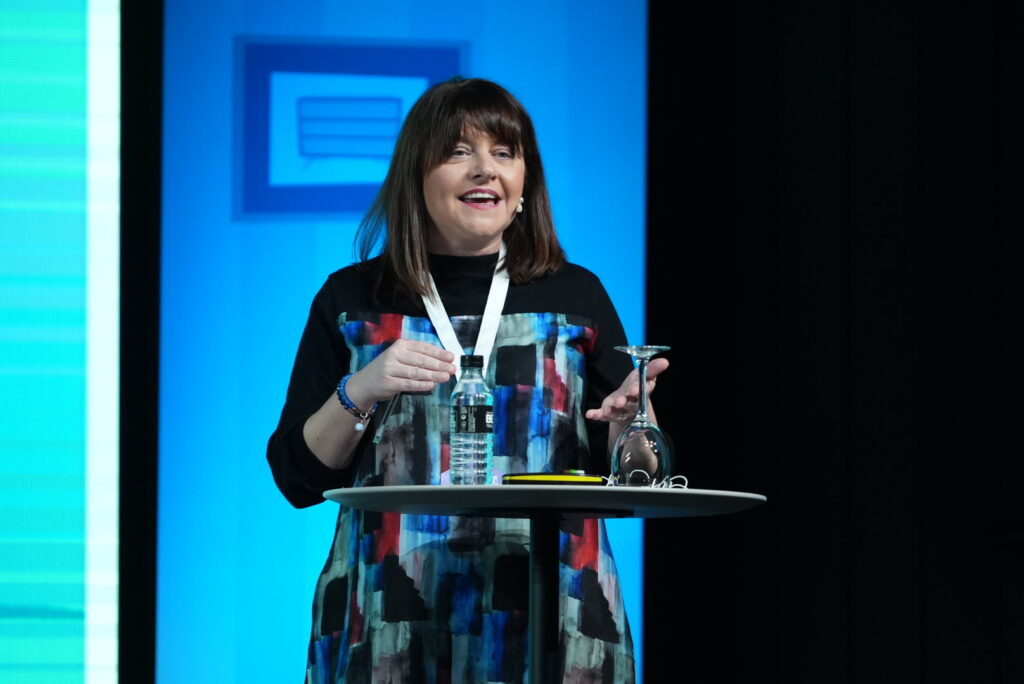
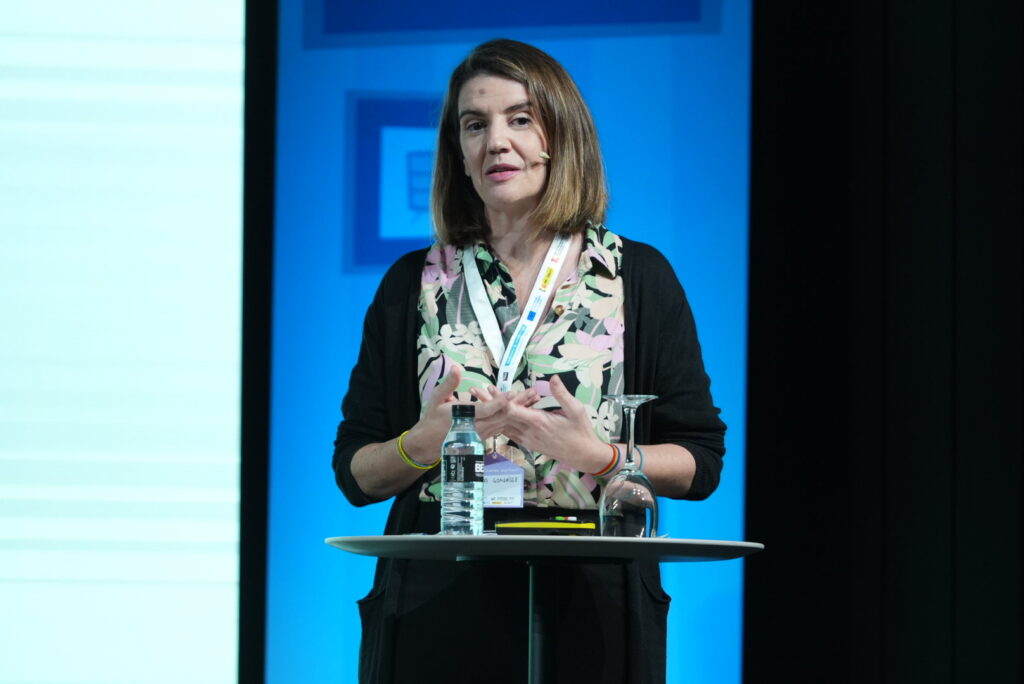
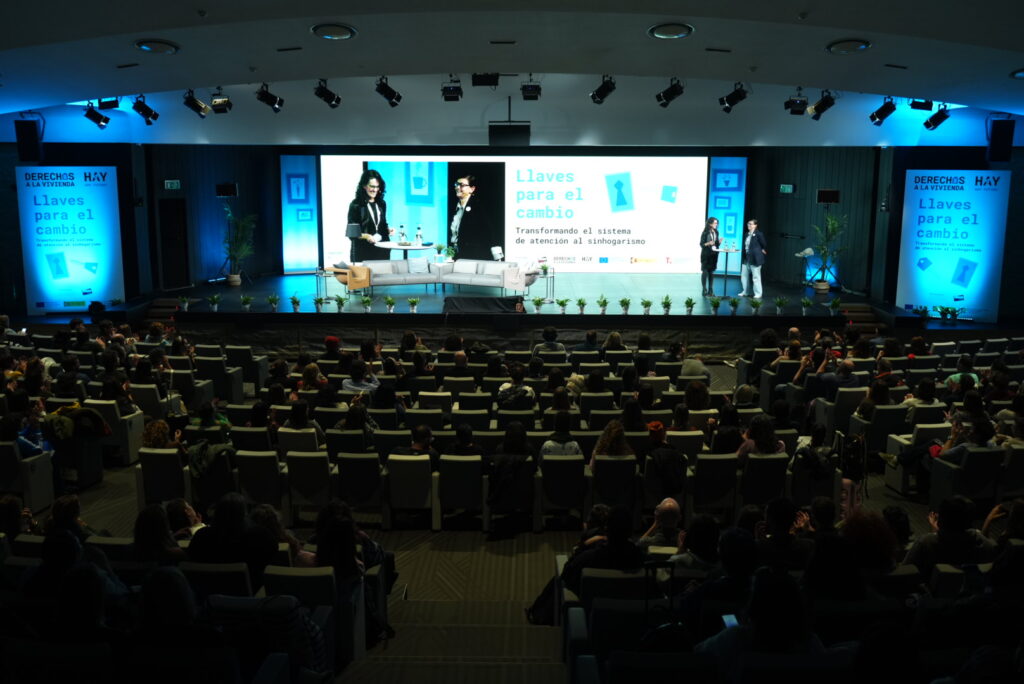
You can watch the December 4 day here:
